Fintech has grown steadily in the Middle East over the past few years, owing to government support, fintech-friendly regulations and favorable demographics characterized by a large population of young, tech-savvy and underbanked people.
A dynamic funding landscape has also been supporting the Middle East’s fintech sector, helping new and promising startups access the resources they need to grow. In H1 2022, fintech investments in the Middle East and North Africa (MENA) reached US$819 million, already almost as much as in all of 2021 and 14 times more than in 2016, data from Dealroom show.
Soaring fintech funding activity showcases investors’ confidence in the sector’s growth prospects in the Middle East.
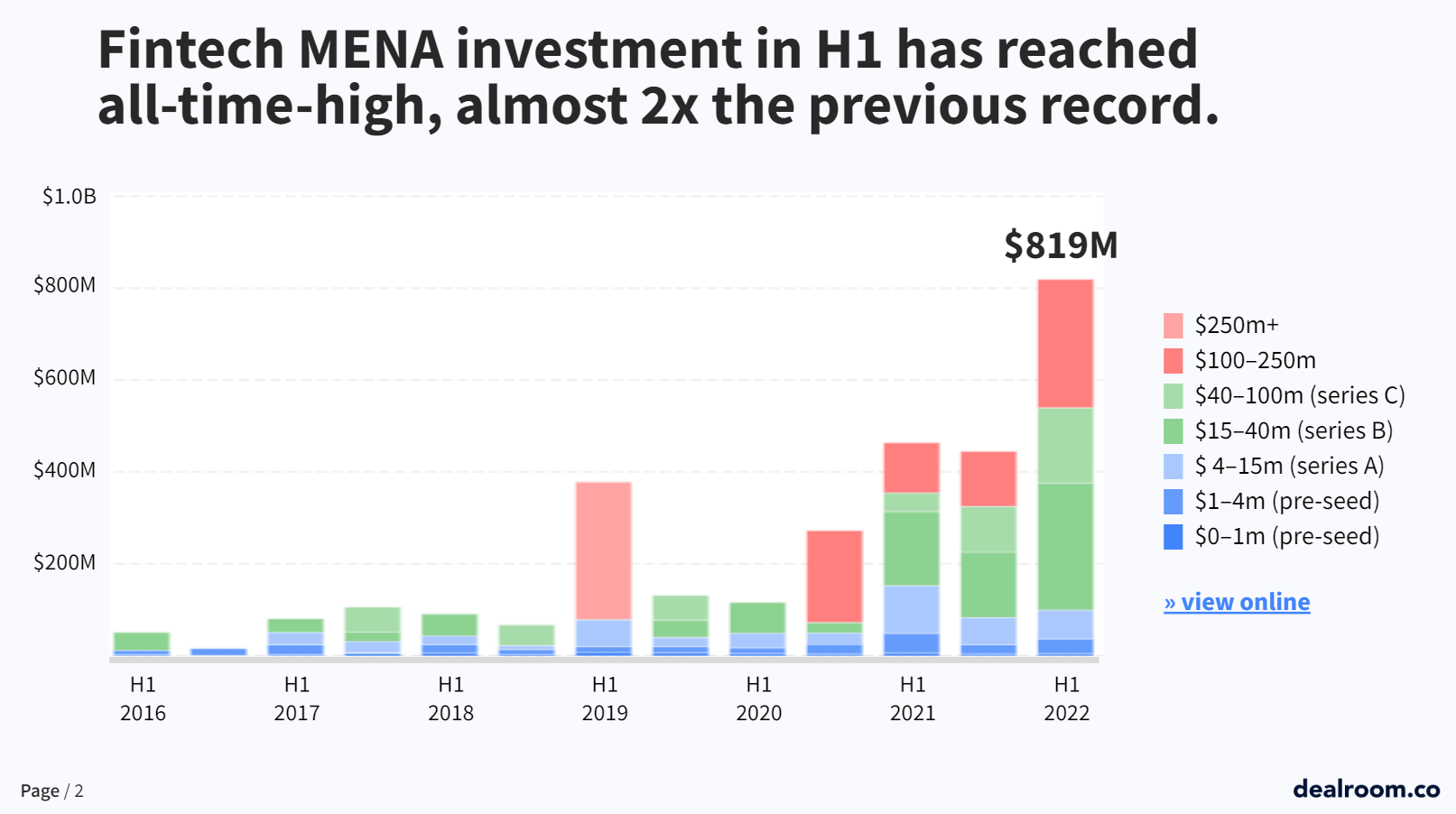
Fintech funding in MENA, Source: Dealroom, July 2022
Last week, Forbes released its selection of the Middle East’s top fintech companies in 2023, recognizing the region’s 30 largest and fastest-growing fintech companies and their recent accomplishments.
The ranking, which is based on data gathered through primary sources, statements, and questionnaires and which takes into account the companies’ size, transaction volumes, customer base, total funding and valuation, aims to spotlight the Middle East’s up-and-coming fintech leaders. It includes both publicly-listed and private fintech companies, but excludes fintech operations owned by incumbents, governments and telcos.
Of the 30 companies that made it into this year’s list, the following are the ranking’s top ten fintech companies in the Middle East.
Fawry
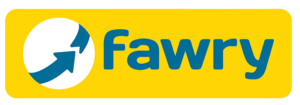
Founded in 2008, Fawry is a leading digital payment and fintech platform from Egypt. For consumers, Fawry provides services including electronic bill payments, mobile top-ups, cash deposits and withdrawals, investment products, savings, insurance coverage, rewards and loyalty and e-ticketing.
For small and medium-sized enterprises (SMEs), Fawry allows them to accept electronic payments through a number of platforms including websites, mobile phones, and points-of-sale (POS).
With a network of 36 member banks, Fawry’s mobile platform and nearly 296 thousand agents, including small groceries, pharmacies, stationary, and post-offices, Fawry claims it processes more than 3 million transactions per day, serving an estimated customer base of 45 million users monthly.
Fawry went public in 2019. Most recently, the company launched Tamweelak Fawry, a digital lending platform that allows micro, small and medium-sized enterprises (MSMEs) to apply for credit, track the application process and repay their loans conveniently.
MadfooatCom
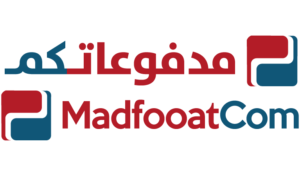
Founded in 2011, MadfooatCom is a leading online, real-time bill presentment and payment system provider from Jordan that allows customers to inquire about and pay their bills as well as conduct payment transactions online and via mobile.
The company partners with banks and billers in Jordan to provide frictionless customer experiences and shorten collection cycles. It serves financial institutions, telecoms, government agencies, non-profits and trade organizations in Jordan, Egypt, Saudi Arabia, Oman, Palestine, the United Arab Emirates (UAE), and Morocco.
MadfooatCom’s platform, called eFAWATEERcom, established in partnership with the Central Bank of Jordan, had processed over 84 million invoices valued at more than JOD 30 billion (US$42 billion), as of November 2021. According to Forbes, eFAWATEERcom processed 42.5 million transactions, and MadfooatCom recorded transactions of US$14.7 billion in 2022 alone. As of March 2023, the company had 3.6 million active users and over 1.4 million app downloads.
Optasia
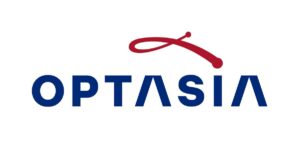
Optasia, formerly known as Channel VAS, provides an advanced artificial intelligence (AI)-led platform that enables instant access to financial solutions for millions of underbanked individuals and SMEs across over 30 countries.
The company’s AI-led data engine and proprietary algorithms analyze alternative data from mobile and other environments to provide relevant instant credit decisions to its partners, including mobile network operators, mobile money operators, banks, and payment gateways.
These capabilities enable micro-lending, airtime, and data advances via mobile wallets, SIM cards, and other digital environments, delivering enhanced customer experience, improved retention, and new revenue streams.
Founded in 2012 and headquartered in Dubai, Optasia claims it enables credit decisions for an average of 88 million customers a month and had more than 560 million addressable subscribers in 2021.
Most recently, the company expanded to the Democratic Republic of Congo through a partnership with VodaCash, a Vodacom Congo subsidiary, to provide a micro-lending services.
MNT-Halan

MNT-Halan is Egypt’s leading fintech ecosystem and one of the largest and fastest growing lenders to the unbanked and underbanked.
Founded in 2018, with roots dating back to 2010, the company’s digital ecosystem includes a wide range of services encompassing MSME lending, payments, consumer finance, buy now, pay later (BNPL), and e-commerce, all backed by Neuron, its proprietary technology.
MNT-Halan claims it has served more than 5 million customers in Egypt and counts 1.3 million monthly active users. It has disbursed more than US$2.5 billion worth of loans since its inception and processes US$100 million worth of transactions on a monthly basis.
MNT-Halan secured US$400 million in equity and debt funding in February 2023 to support its international growth. The round brought the company’s valuation to more than US$1 billion, MNT-Halan said in a statement.
Tabby

Founded in 2019 and headquartered in Dubai, Tabby is a shopping and financial services app that provides customers with the flexibility to pay for their online and offline purchases either in a deferred single payment or in multiple installments.
Tabby, which is active in Saudi Arabia, UAE, Egypt and Kuwait, claims that over 10,000 global brands and small businesses, including H&M, Adidas, Ikea, Shein, Noon, and Bloomingdale’s, use its platform to accelerate growth and gain loyal customers by offering BNPL options online and in stores. The company says it has more than three million active users and states that its revenue increased fivefold in 2022.
Amongst its other milestones, Tabby says it had issued over 150,000 Tabby Cards only six months after launching its cards program.
Tabby was valued at US$660 million in its latest round of funding in January 2023. The company said it would use the proceeds to expand its product line into next-gen consumer financial services and support its growing operations.
PayTabs
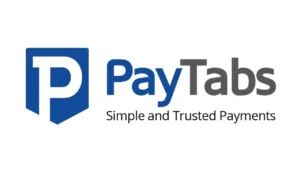
Founded in 2014 and headquartered in Saudi Arabia, PayTabs is an award-winning payments solutions provider.
Using application programming interface (API) plugins, PayTabs aims to offer seamless e-commerce, m-commerce, and social commerce solutions for merchants through “plug and play” payment features.
These solutions are designed to offer convenient and secure payment processing and fraud prevention by integrating with merchant websites for quick deposit of payments, enabling enterprises to transact online their finances, enjoy digital invoicing and receive payments by QR code as well as secure social media payment links.
Over the years, PayTabs has built and exported a full stack of solutions, serving organizations across a broad range of industries, including hospitality, education, airline, travel and transport across the MENA region.
PayTabs operates in several countries including Saudi Arabia, the UAE, Turkey, India, and Egypt. In 2022, the company announced a slew of acquisitions, including Paymes, a leading social commerce platform from Turkey, and Digital Pay, a POS tech company from Saudi Arabia.
Tamara

Founded in 2020, Tamara is a shopping and payments platform from Saudi Arabia. The company provides a BNPL platform that lets merchants offer flexible payment options using APIs or plugins. It claims its pay-later service allows businesses to see bigger basket sizes, increased conversion and lower returns, and benefit from access to high intent shoppers through co-marketing.
Tamara claims it has six million customers and more than 15,000 partner merchants, including leading global and regional brands such as Shein, Jarir, Noon, Ikea and H&M, and local SME businesses. The company operates in Saudi Arabia, the UAE and Kuwait.
Tamara has raised US$366 million in equity and debt since its launch. Its latest round was a US$150 million credit facility from Goldman Sachs secured in March 2023, which it said it would use to finance the accelerating demand for its flagship BNPL product and continue its growth across new verticals.
HyperPay
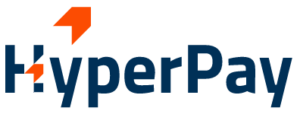
Founded in 2010, HyperPay is an online payment service provider headquartered in Saudi Arabia. The company provides payment processing services, risk and fraud management, a monitoring system, instalments and invoicing systems, among other things. It also assists organizations, governments, and SMEs in transitioning from cash-based payments to digital payments with cutting-edge technologies.
HyperPay claims it is one of the fastest growing online payment company in MENA, serving more than 5,000 merchants across seven countries.
The company raised SAR 138 million (US$36.8 million) in a funding round led by Mastercard in 2022. The round served as the beginning of a strategic business partnership that will support the company’s efforts to grow regionally and expand its product offerings. The proceeds of the funding will endorse the growth of HyperPay and its planned initial public offering (IPO), in addition to its expansion into Egypt, Bahrain, Iraq, and Oman.
MyFatoorah
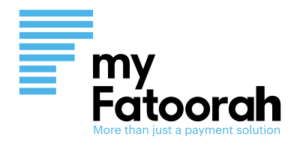
Founded in 2014, MyFatoorah is an online payment company that enables businesses of all sizes to accept payments online. The company’s Internet payment solution provides businesses with SMS invoicing, online payment collections, and direct interaction with their customers, focusing on simplifying the process to create invoices and collect payments.
MyFatoorah operates in Kuwait, Saudi Arabia, the UAE, Qatar, Bahrain, Egypt, Jordan, and Oman and has clients in Lebanon, Turkey, the US and Europe. According to Forbes, the company processed US$3.8 billion in transactions in 2022, with more than 367,000 app downloads and over 75,500 active users, as of December 2022.
Rasan
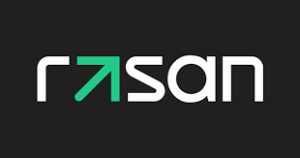
Founded in 2015 and headquartered in Saudi Arabia, Rasan is a fintech company specializing in the insurance and banking technology sectors. The company builds solutions designed to ease how individuals and businesses carry out their day-to-day financial transactions.
Rasan’s brands include Tameeni, a provider of car and health insurance coverage that offers an instant policy by enabling retail customers to compare insurance prices and coverage, and then select and pay for their policy of choice all in one place; and Treza, a car leasing insurance platform with live card quotations.
In 2021, the company closed an investment round of SAR 90 million (US$24 million), and had about 8 million users at the time, according to a statement.
Rasan is now reportedly working with Morgan Stanley and Saudi Fransi Capital for an IPO in Riyadh, people familiar with the matter told Bloomberg in March 2023. The fintech company is preparing to list on the local bourse potentially as soon as this year.
Featured image credit: Edited from Freepik



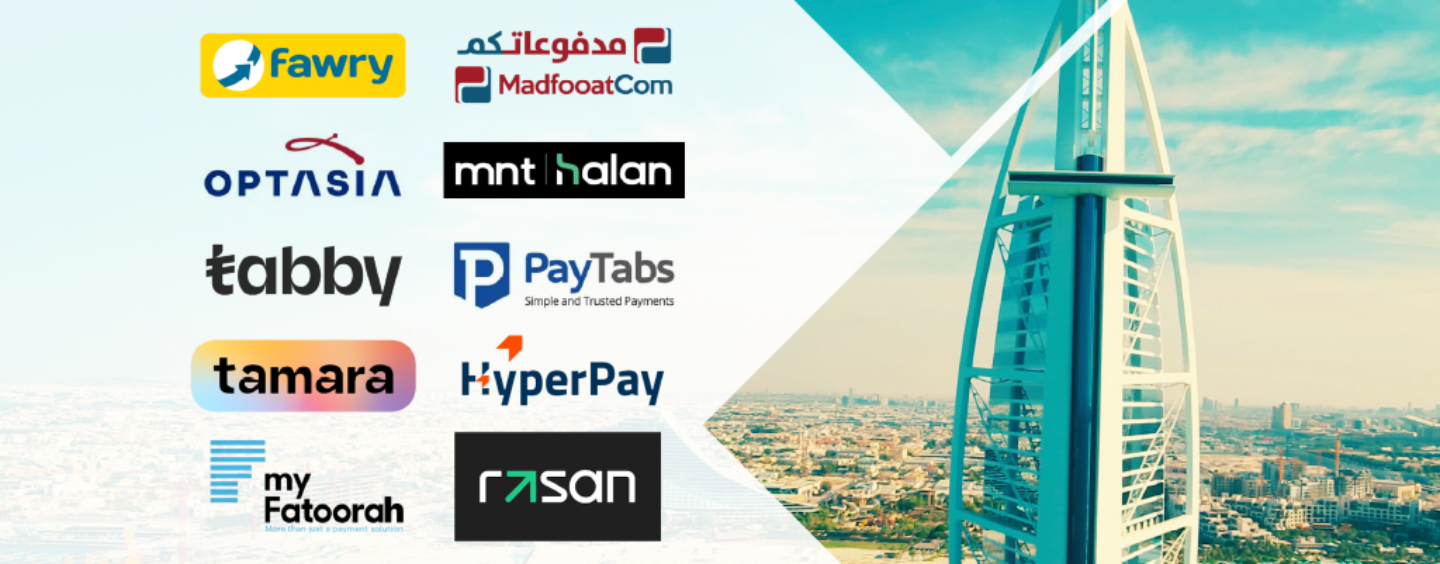




No Comments so far
Jump into a conversationNo Comments Yet!
You can be the one to start a conversation.